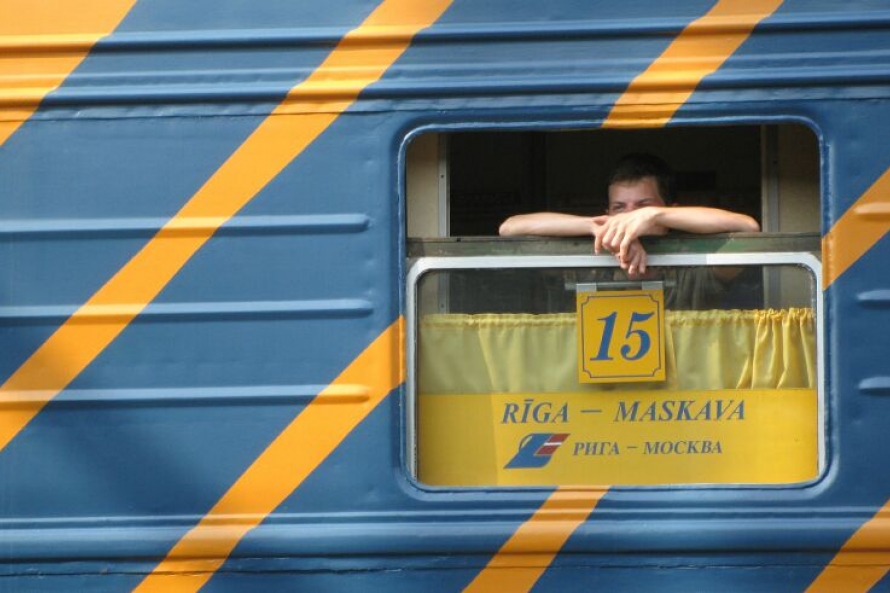In 2019, 90 thousand people entered Latvia by rail, mostly from Moscow and St. Petersburg. The following year, the number of arrivals fell more than seven times due to the Covid-19 pandemic, which has resulted in a complete cessation of international passenger transport by rail.
Traffic with Russia was provided by the private company L-Ekspresis for more than 25 years. Latvian Radio tried to contact the company's management several times but got no comment.
In the organization of international transport is the “Latvian Railway” subsidiary “LDz cargo” has the most experience. On questions what the company is doing to restore traffic, the group wrote back with formal letters, refusing the interview several times. “LDz cargo” spokeswoman Agnese Līcīte said that the group, together with its foreign partners, is addressing a number of issues.
In the meantime, the Ministry of Transport (SM) said that “L-Ekspresis” would not be continuing traffic for the time being. “When there are opportunities and also financial considerations that allow resumption, they are prepared to do this,” Deputy Director of SM Railway Policy and Infrastructure Patriks said.
Markēvičs also said that European policy prevents the country from supporting international passenger transport. So the ministry is waiting for interest to be shown by businesses who the state is prepared to support.
"We reduce infrastructure charges as far as possible to the level of direct costs, which accounts for around 10-20 percent of the total infrastructure costs of the type of transport, in order to minimize the costs of operators,” Markēvičs said.
In Latvia, rail infrastructure is at a high level so train movement is very necessary, said Markēvičs adding that several foreign companies have shown interest in reviving international traffic. However, it turns out that no one is responsible for attracting potential merchants.
"The State organizes a public order that is dealt with internally. This Regulation does not address issues concerning the way in which cross-border transport is organized and that the participating countries could create some common public order for such transport. Consequently, the question of the transport organization is in fact fragmented. The current legal framework allows such transport to be organized only on a commercial basis, where the merchant involved must draw up a business plan and organize the transport in such a way as to make a profit from it,” said Markēvičs.
Meanwhile, the rector of the Transport and Communications Institute, Juris Kanels, believes that local passenger transport by rail is one of the priority areas for transport development, so the State should support them. On the other hand, for certain transnational transport, the problem must be addressed by the merchant.
“If we reduced international passenger transport by rail within one year, if we look at direct transport with Russia, then the reduction is ten times. Clearly, the demand was there, the passengers were there. When conducting market research, I think that the economic operators concerned will take a decision that maybe they need to resume these services,” said Kanels.
For nearly two years train traffic has also been disrupted with Minsk and Kiev. They were organized by the local company of each country. The Belarusian company is not planning to resume transport, but the Ukrainian firm will see the possibility in the near future.





























